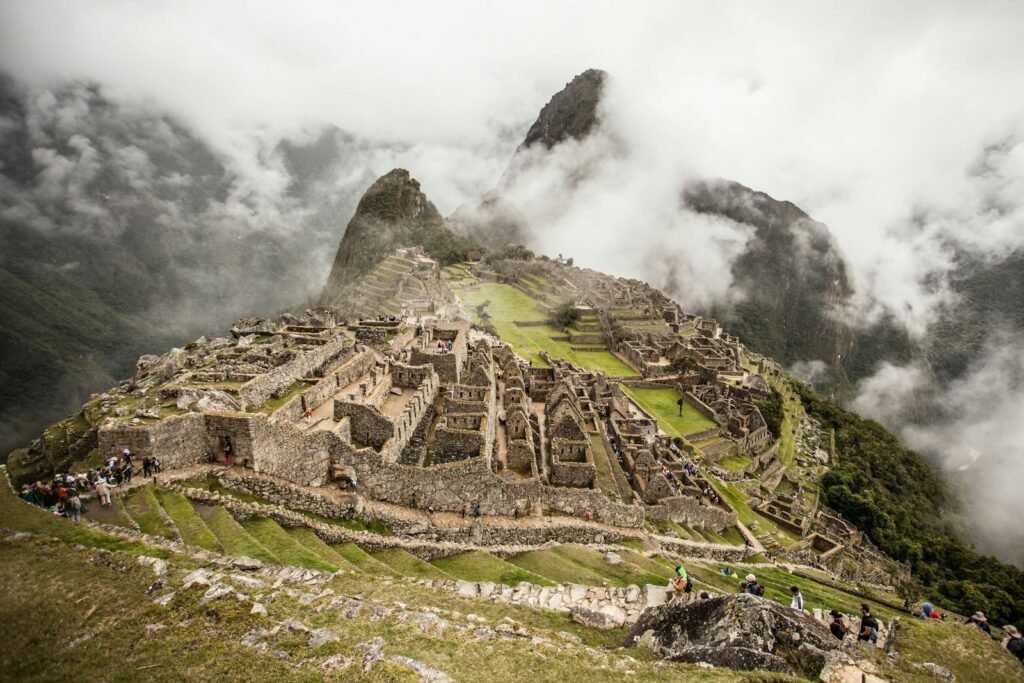Imagine a world where the wonders of ancient science are lost to the mists of time, where the secrets of architecture, medicine, and mathematics slip quietly out of human memory. It’s almost unthinkable, yet this haunting phenomenon—the great forgetting—has shaped the rise and fall of civilizations for millennia. The most dazzling cultures in history, from the builders of pyramids to the creators of lost cities, have watched their hard-won wisdom vanish almost overnight. Why does this happen? How can humanity, so ingenious and curious, let its own brilliance fade away? The story of forgetting is not just about dusty ruins and ancient scrolls; it’s about who we are, what we value, and how our greatest achievements can become as fragile as sandcastles on a stormy shore.
The Fragility of Collective Memory
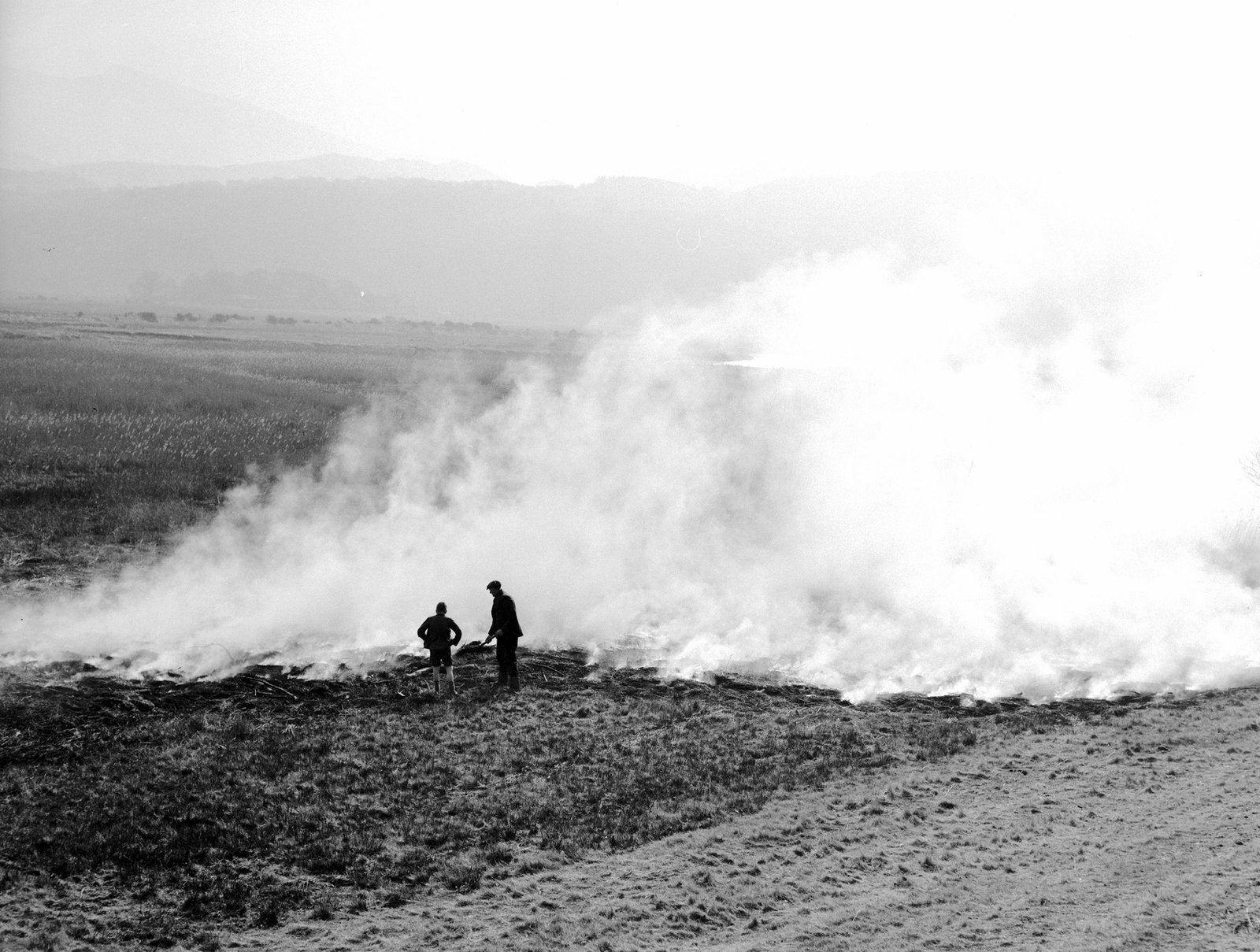
Civilizations are built on the foundation of shared knowledge—a living web of stories, skills, and beliefs passed from one generation to the next. But this web is astonishingly delicate. When disaster strikes, whether in the form of war, famine, or plague, entire libraries of knowledge can be swept away in a single generation. The famous burning of the Library of Alexandria is just one example, but such tragedies are far more common than we imagine. Oral traditions can vanish when elders die young, and written records are easily destroyed by fire, flood, or neglect. Modern scientists liken this to the loss of biodiversity: just as species can disappear forever, so too can ideas, inventions, and ways of seeing the world.
Lost Languages, Lost Worlds
When a language dies, an entire way of understanding reality often dies with it. Ancient Sumerian, once spoken across a vast civilization, is now only partially understood by experts decoding clay tablets. The same fate has befallen hundreds of indigenous languages, from the Americas to Australia. Each language holds unique knowledge about plants, animals, the stars, and the very fabric of existence. When those words vanish, so do the insights they contain—like losing a map to a treasure that can never be replaced.
Technologies That Time Erased
It’s shocking how many ancient inventions were lost to history, only to be reinvented centuries later. The Greeks built intricate mechanical computers, like the Antikythera mechanism, to track the heavens—then forgot how they worked for nearly two thousand years. Roman concrete was so durable that their harbors and aqueducts still survive, yet the recipe was lost until modern times. These are not just curiosities; they’re reminders that human progress is anything but a straight line. Sometimes, we must rediscover what our ancestors already knew.
The Collapse of Empires
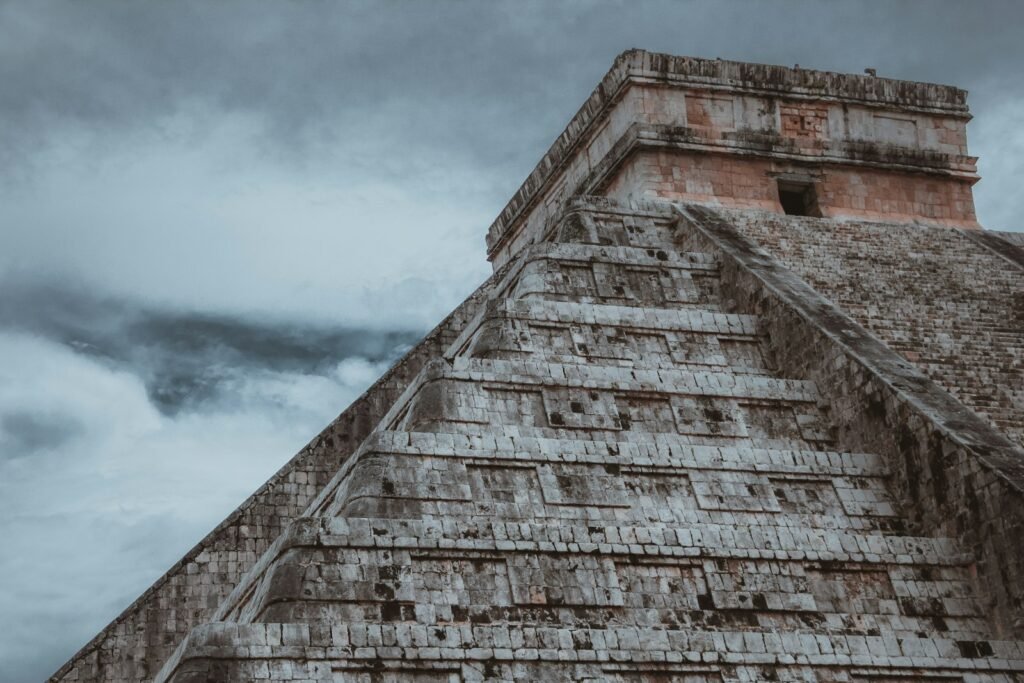
When great powers fall, they often take their secrets with them. The Maya, whose cities once sparkled with astronomy and mathematics, abandoned their pyramids and calendars as their civilization crumbled. Historians debate whether drought, war, or disease triggered their collapse, but the result is the same: precious knowledge scattered or forgotten. The Roman Empire’s decline plunged Europe into the so-called Dark Ages, where engineering marvels like plumbing and central heating became almost mythical. Collapse doesn’t just erase buildings—it erases the know-how to build them again.
The Role of Catastrophe
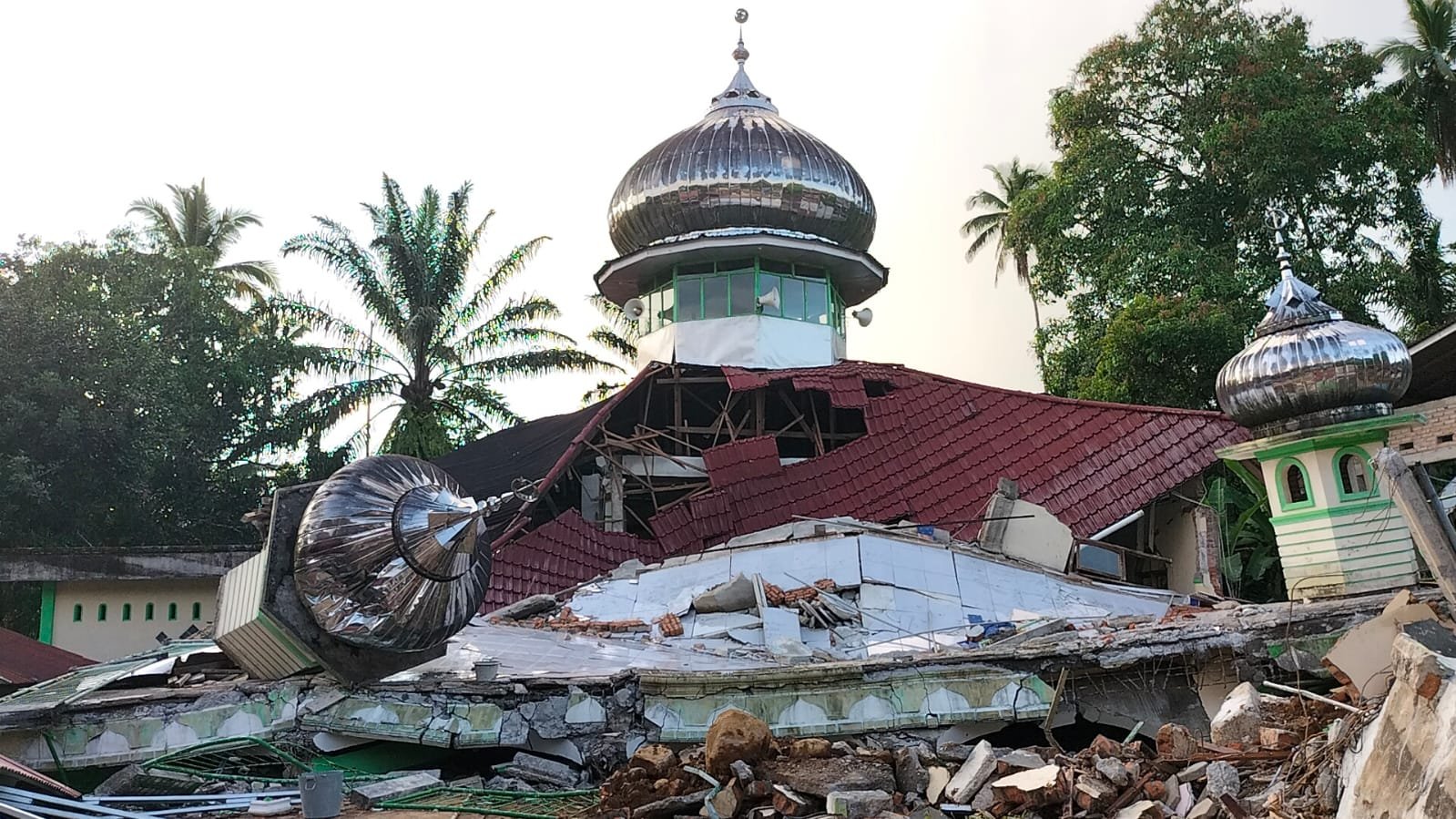
Natural disasters have a vicious way of erasing memory. An earthquake can topple libraries; a volcanic eruption can bury cities and their secrets. The eruption of Mount Vesuvius, for example, preserved Pompeii in ash but also locked away countless scrolls that remain unread to this day. Tsunamis, floods, and fires have all played their part in the great forgetting, turning bustling centers of learning into silent graveyards. Sometimes, all it takes is a single bad day for centuries of knowledge to be lost forever.
The Silent Power of Censorship
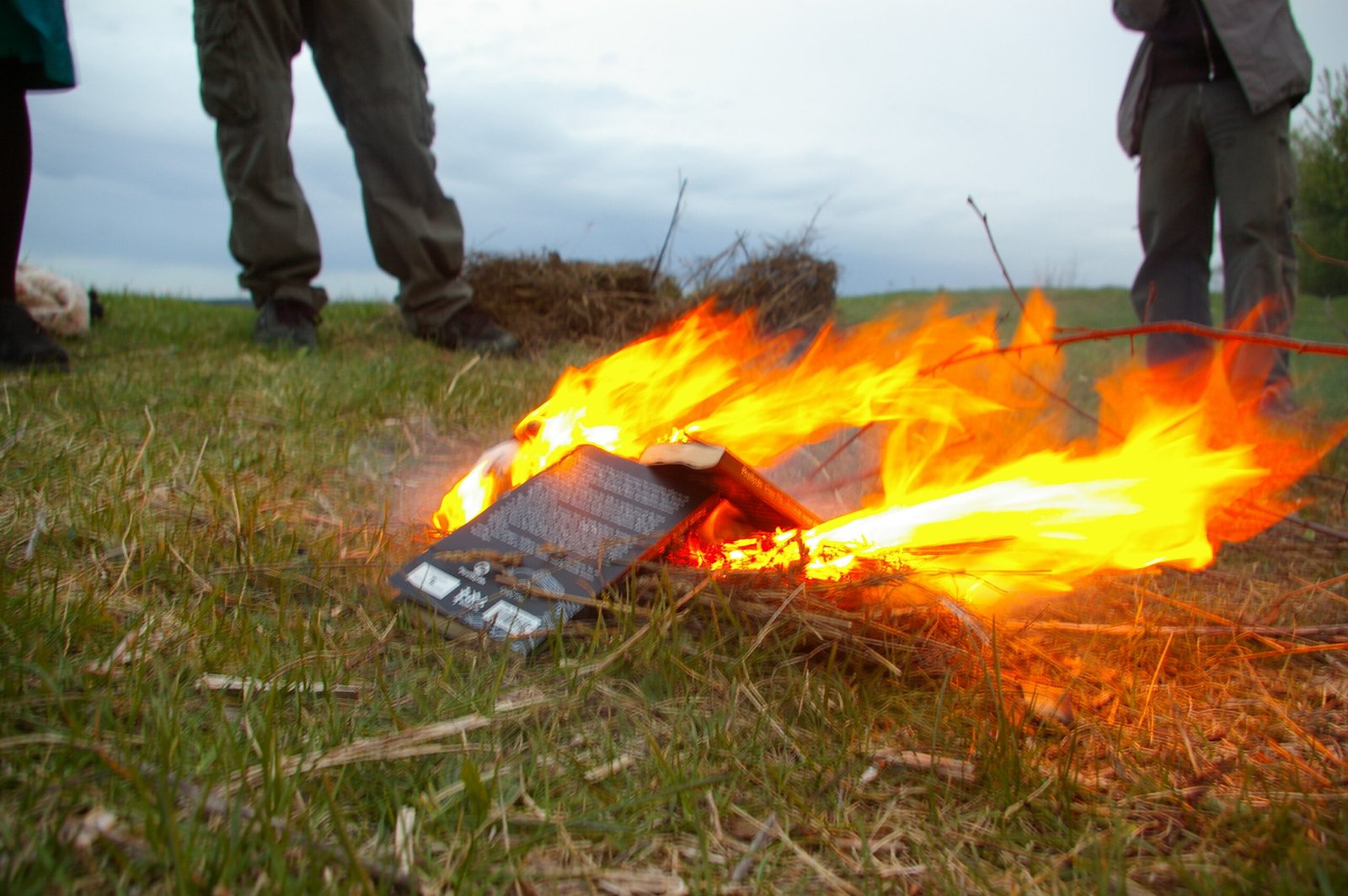
Not all forgetting is accidental. Throughout history, powerful rulers have deliberately erased knowledge they deemed dangerous or subversive. The Chinese emperor Qin Shi Huang ordered the burning of books and the burying of scholars to consolidate his rule, wiping out centuries of philosophy and science. In medieval Europe, heretical texts were destroyed, and thinkers were silenced. Censorship is a quieter form of disaster, but its effects can be just as devastating—entire schools of thought can disappear, not because they failed, but because they were forbidden.
Migration and the Mixing of Cultures

When people move, their knowledge sometimes moves with them—but it can just as easily be lost in translation. Migrants might adapt their skills to new environments, but they might also leave behind practices that no longer fit. The Polynesians, master navigators of the Pacific, eventually settled in places where their star charts and wayfinding techniques were no longer needed. Over generations, these astonishing skills faded, remembered only in fragments or stories. Migration can be a bridge, but sometimes it’s a wall.
Oral Traditions Under Threat
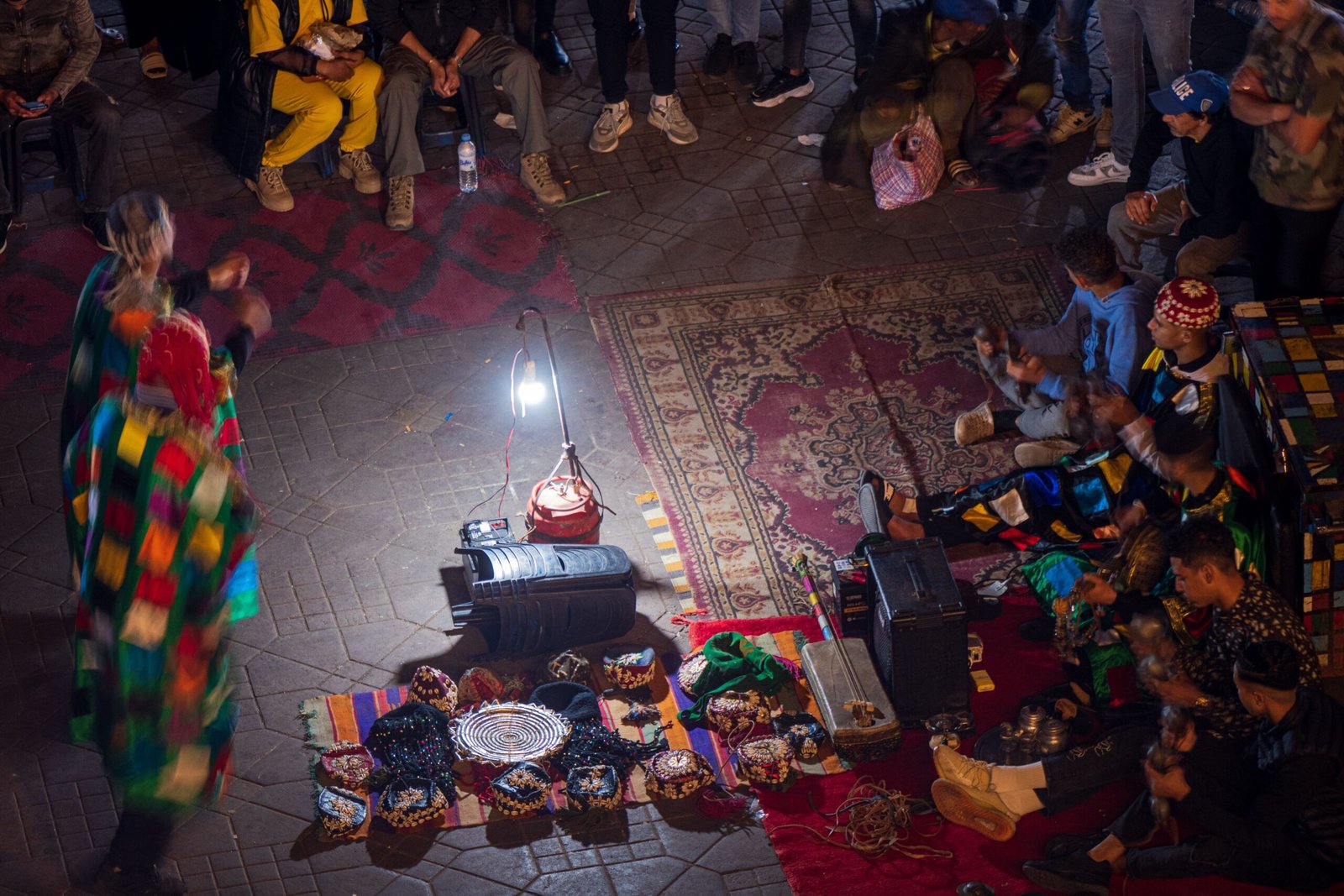
For most of human history, knowledge was spoken, not written. Elders taught the young through stories, songs, and rituals. But oral traditions are incredibly vulnerable. If a generation is wiped out or scattered, priceless knowledge can disappear within a few years. Anthropologists have documented how colonization, disease, and forced assimilation erased the histories of entire peoples. Today, efforts are underway to record and revive endangered oral traditions, but the clock is always ticking.
The Allure of the New
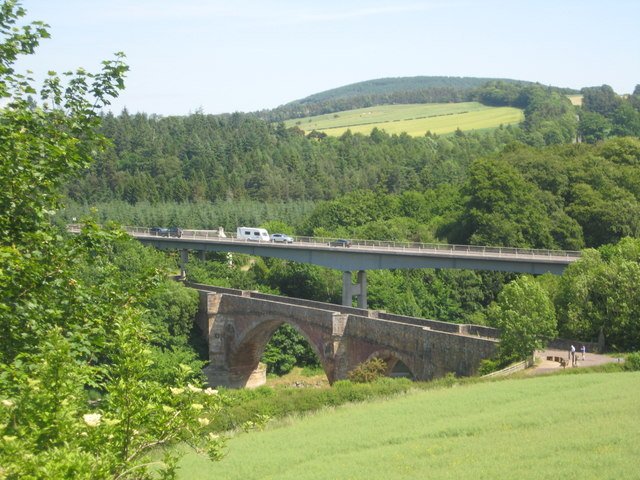
Sometimes, civilizations forget not because they must, but because they choose to. The march of progress can make old ways seem obsolete. When the plow replaced the digging stick, much of the wisdom about foraging was abandoned. As digital technology replaces handwriting, skills like calligraphy and mental arithmetic fade into nostalgia. But what if the new is not always better? There is a risk that in our rush forward, we leave behind treasures we don’t even recognize.
Religious and Ideological Shifts
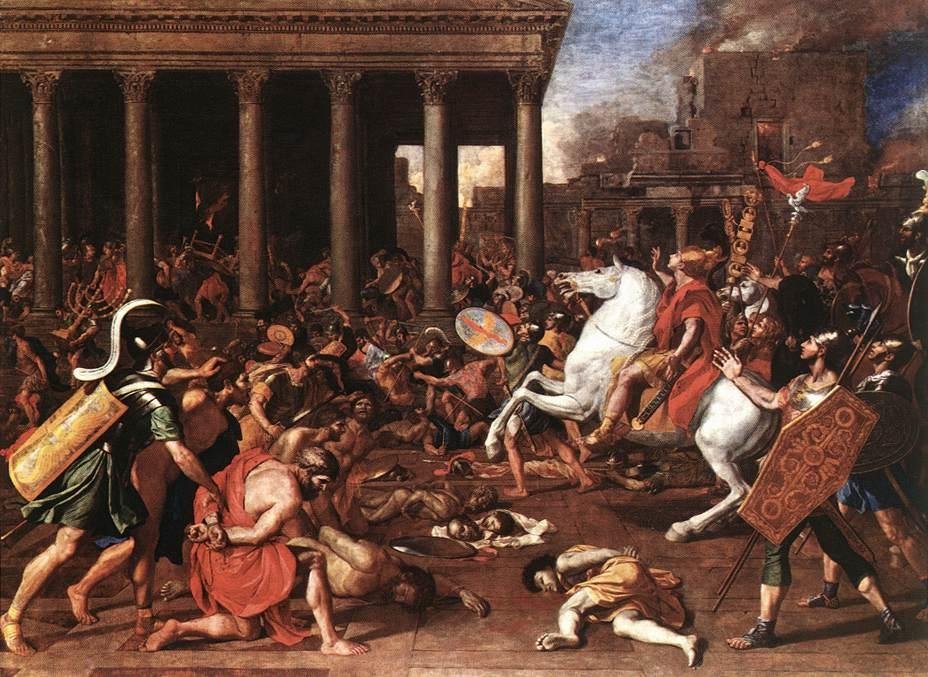
Major changes in belief systems can sweep away centuries of learning. When Christianity spread across Europe, many pagan temples, libraries, and schools were destroyed or repurposed. In the wake of the Spanish conquest, Aztec and Inca codices were burned as heresy. Such shifts are rarely gentle—new faiths often demand new stories, and old knowledge becomes dangerous or irrelevant. The result is a kind of cultural amnesia, where even the memory of what was lost is itself forgotten.
The Invisibility of Everyday Genius
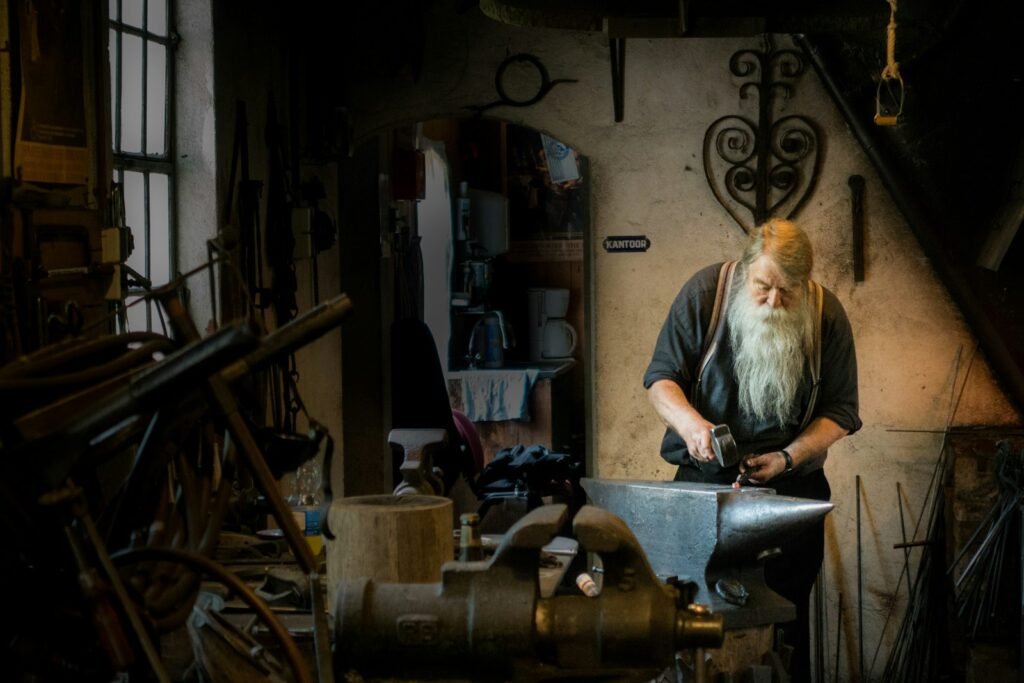
Not all genius is recorded in books or celebrated in monuments. Countless innovations—like weaving, pottery, and herbal medicine—were passed down quietly, mostly by women or marginalized groups. When those ways of life disappear, so does their wisdom. Archaeologists are only now beginning to appreciate the sophistication of so-called “simple” societies, whose knowledge was hidden in plain sight. Everyday genius is the hardest to preserve, because it lives in hands, hearts, and habits, not in stone or ink.
The Dangers of Overconfidence
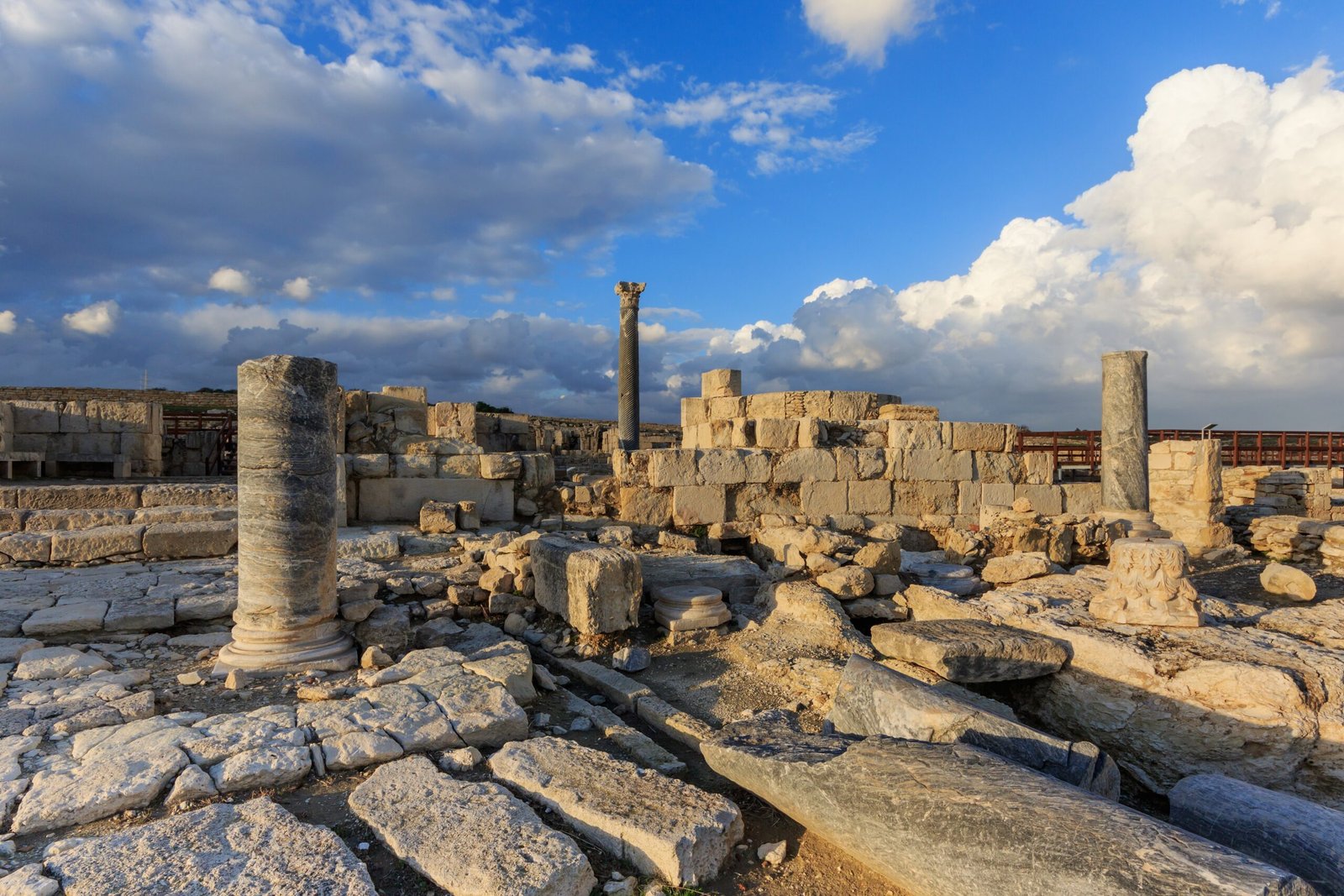
Ironically, societies at their peak can be the most vulnerable to forgetting. When people believe their way of life is unshakeable, they may neglect to preserve what matters. The ancient Egyptians built monuments to eternity, yet their hieroglyphs became unreadable for almost two thousand years. The Victorians dismissed medieval knowledge as superstition, only to rediscover its value later. Overconfidence breeds carelessness—and sometimes, the greatest threat to genius is the assumption it will last forever.
Reinvention: A Double-Edged Sword
Humans are remarkably good at reinventing what they’ve lost. When the secrets of Greek fire or Damascus steel vanished, new methods eventually took their place. But reinvention is costly—it takes time, effort, and sometimes, a bit of luck. Not everything can be recreated from scratch, especially when the original context is missing. This cycle of loss and rediscovery means that human progress is more like a spiral than a straight line, always circling back to old ideas in new forms.
The Power and Peril of Written Records
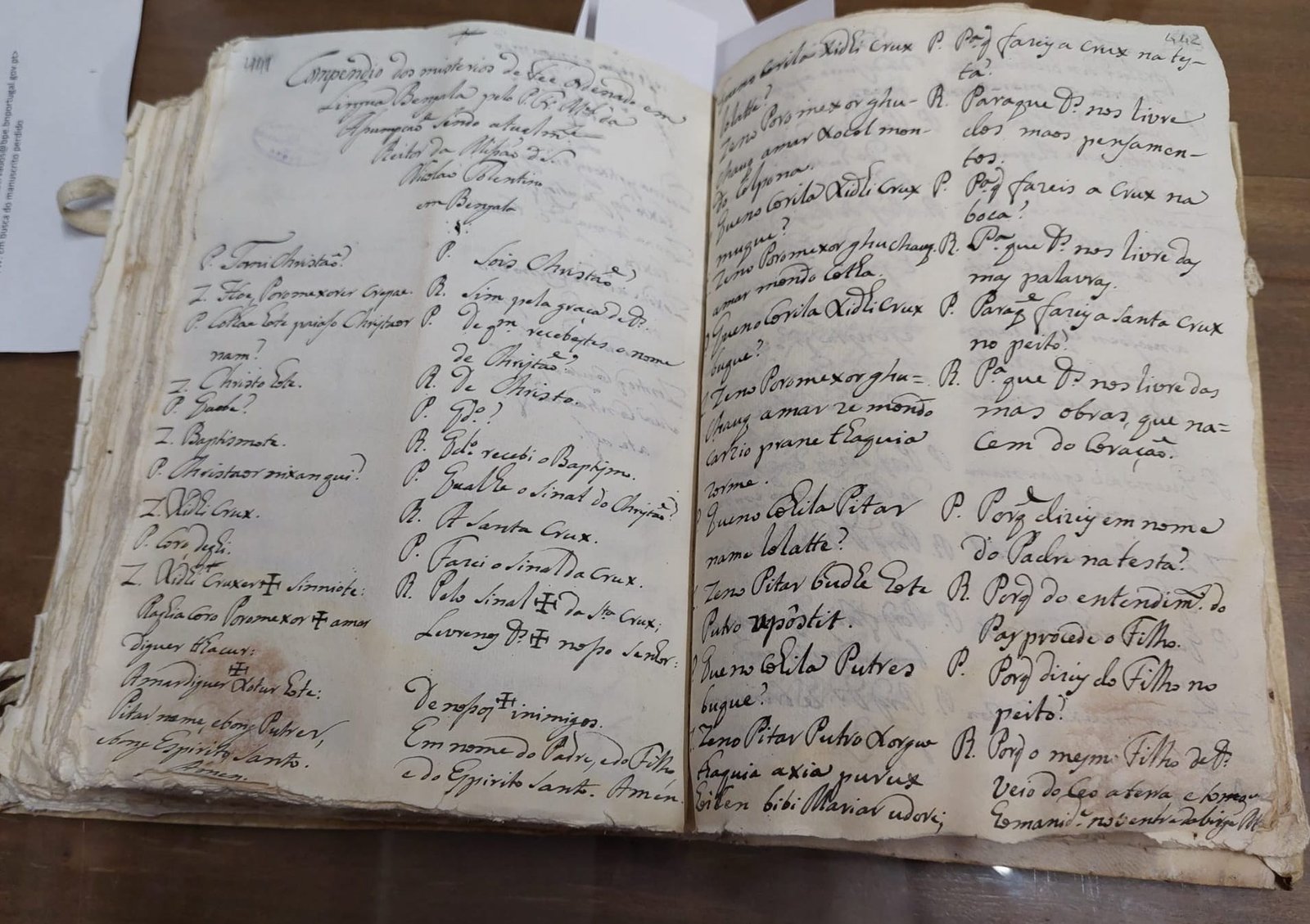
Writing is often celebrated as the savior of civilization, but it’s not foolproof. Manuscripts can rot, fade, or be misinterpreted. The famous Rosetta Stone unlocked Egyptian hieroglyphs, but only because it survived when so many other texts did not. Even today, digital information is surprisingly fragile—hard drives fail, formats become obsolete, and without careful preservation, entire libraries could disappear in a blink. Written records are a lifeline, but they are also a thread that can snap.
Science and the Return of Lost Knowledge

Modern science has become a detective agency for lost genius. Archaeologists use lasers to map buried cities; chemists analyze ancient pigments to recreate vanished colors. Even DNA analysis is helping uncover forgotten crops and medicines. The story of science is not just about creating new knowledge, but also about rescuing what was lost. Every discovery is a reminder that the past still holds secrets that can inspire the future.
The Role of Education in Remembering

Education is the bridge between generations, but it can also be a bottleneck. What gets taught—and what gets left out—shapes the memory of a civilization. Standardized curriculums often focus on a narrow slice of history, leaving out vast realms of indigenous, local, or alternative knowledge. If we want to avoid another great forgetting, we must broaden our understanding of what counts as “important” knowledge. Schools, museums, and families all have a role to play in keeping memory alive.
Digital Age: Memory at Risk

We live in an era of information overload, yet digital memory is more precarious than ever. Old websites vanish overnight, social media platforms come and go, and data can be lost to hacking or hardware failure. The idea that “the internet never forgets” is a myth—digital decay is real, and without active preservation, today’s genius could vanish just as easily as yesterday’s. It’s a sobering thought: in a world where everything is recorded, it’s still possible to forget.
Reviving Ancient Wisdom

All around the world, people are working to rescue and revive lost knowledge. From indigenous seed banks to the study of ancient engineering, there’s a growing appreciation for what our ancestors knew. This movement is not about nostalgia; it’s about resilience. Ancient wisdom can teach us how to live more sustainably, adapt to change, and find meaning in chaos. The great forgetting can be reversed—if we choose to remember.
Lessons from Nature’s Memory
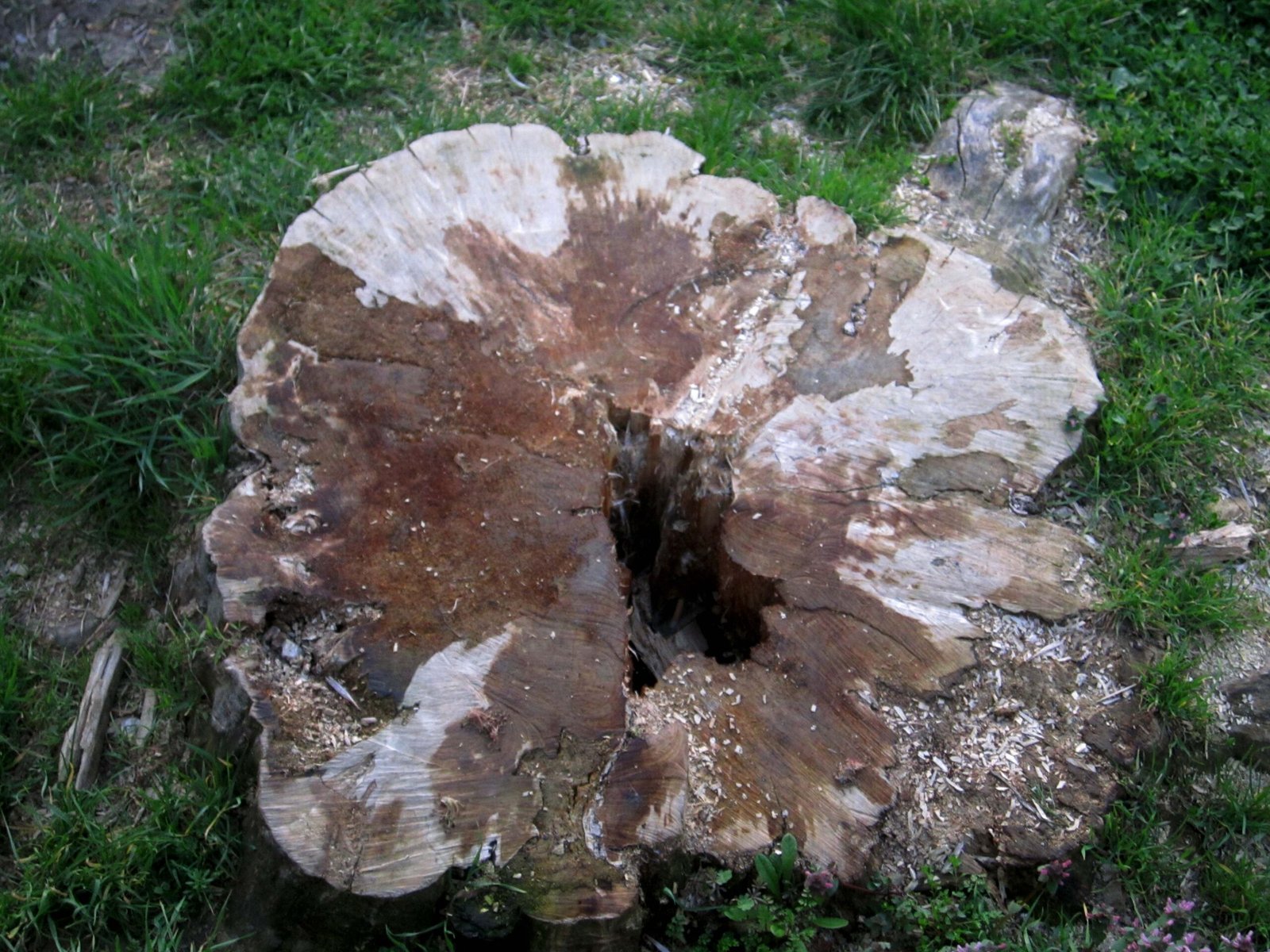
Nature itself is a master of memory. Trees remember droughts in their rings; coral reefs record temperature changes in their skeletons. Some animals pass knowledge through generations—elephants teach migration routes, whales share songs. Studying these natural archives can inspire us to build better systems for preserving our own knowledge. After all, humans are just one species among many, and the planet’s memory is far older than any civilization.
The Unfinished Story of Genius

The great forgetting is not just a tale of loss—it’s also a challenge and an invitation. Every generation has the power to remember, revive, and reinvent what came before. The question is not whether civilizations will forget—history shows that forgetting is inevitable. The real question is what we choose to remember, and how we use that memory to build a wiser, more resilient world. What would you want the future to remember about us?

